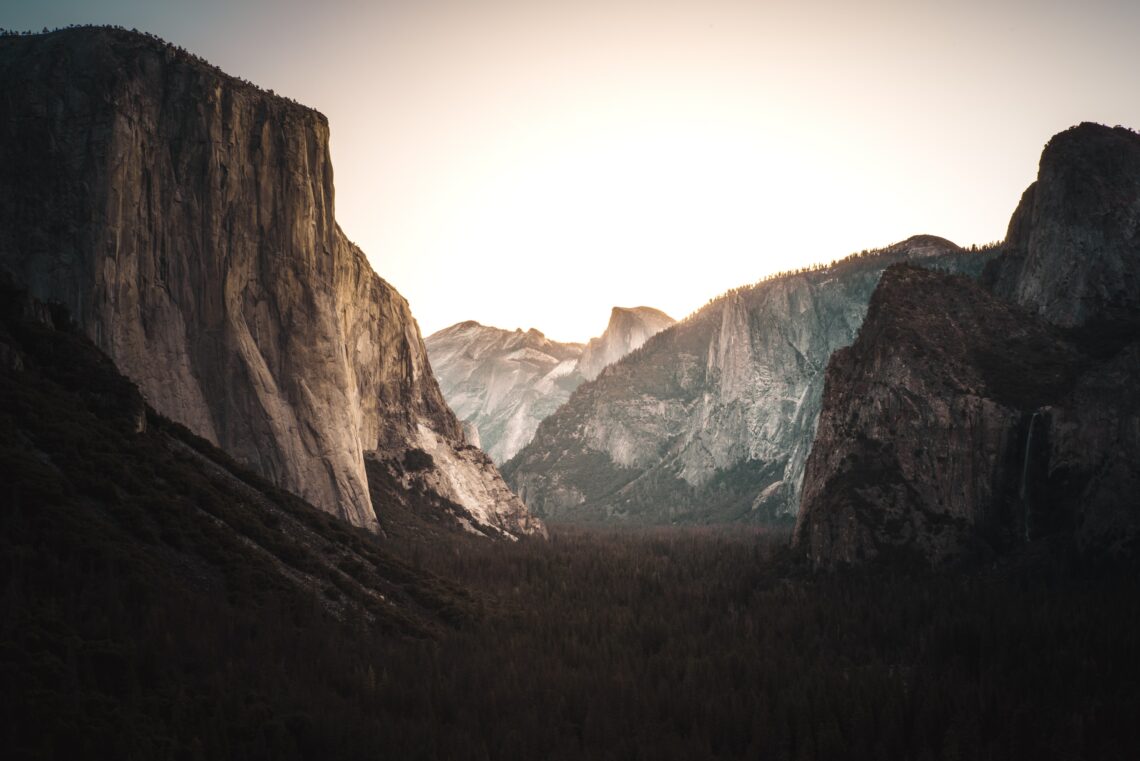Starting off the second part of this documentary Alex talks about how common it is to lose friends in the free climbing community. It is difficult to imagine how this would not phase him when climbing. Cameraman and friend Tommy put it bluntly, “I think everyone who has made free soloing a big part of their life is dead now.” We proceed to watch a minute of news report after news report of famous climbers having fatal accidents. Alex has seemingly done all this soloing and somehow trained his mind so that he is not emotionally affected like others are. During one part of the documentary, we see Alex get an MRI scan of his brain and they determine his amygdala needs more to be stimulated compared to an average person. The question is whether this is a result of climbing or his climbing is a result of this. Alex proceeds to have another accident falling 30ft and seriously spraining his ankle. Despite this, he continues to train and use a case while at climbing gyms and a few weeks later practice sections of El Capitan with a rope. After his second injury, we can see the people around him grow more concerned about this climb. Where he used to never make mistakes Alex had been injured twice in just a few months. Sanni discusses the strain these injuries had put on their relationship and the general strains from stress when he goes free soloing. Alex talks a bit about his parents and going to a gifted school. His mother always had high expectations for him growing up and that might have played a role in this.
“If you’re seeking perfection, free soloing is as close as you can get.”
Alex Honnold
Because of course if your climb is not perfect, the result is death.
As I am continuing my climbing journey, I am more confident about routes and trusting myself. I definitely need to build up some strength. There’s is such a sense of accomplishment from completing a climb you’ve fallen from a dozen times before. It’s addicting. I’m a very competitive person when it comes to sports and games. Kelsey had pointed that out after the second time we went climbing. I have high expectations for myself when it comes to everything I do. My dad said growing up I was the type of person where if I didn’t succeed the first time, I wouldn’t want to do it again. I’ve grown as a person and learned to accept failure and try again but I haven’t reached the point where I’m comfortable with it. I think climbing has been great for working on this. If you don’t make it and you fall then you just have to rest up for a couple of minutes and try again or come back another day. overcoming my fear of falling has been hard but it’s definitely improving. Honnold says it’s not about suppressing fear but learning to expand your comfort zone. You need to work through the fear again and again until it’s not scary anymore. Alex says, “You’re not trying to control your fear, you’re just trying to step outside of it.”





